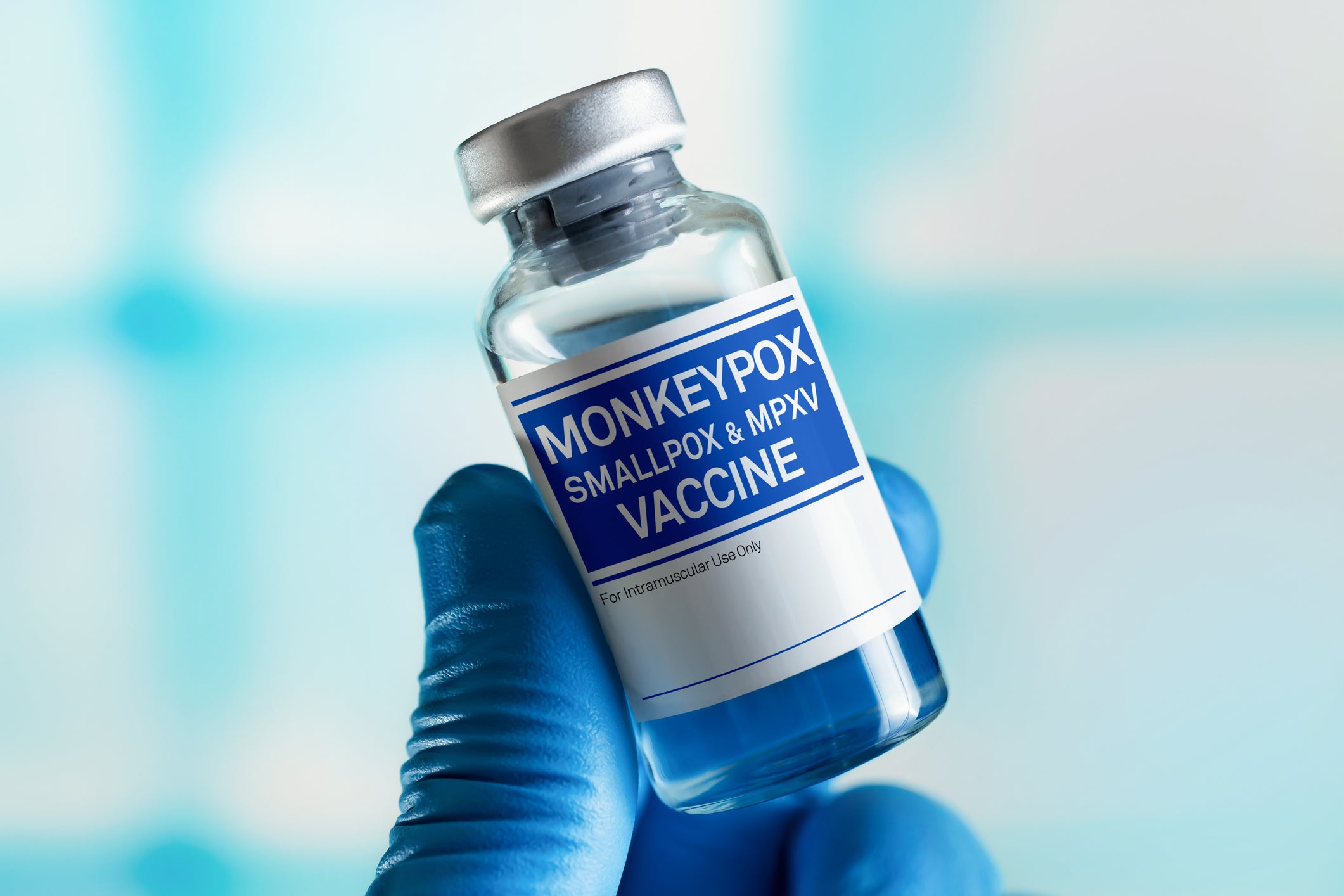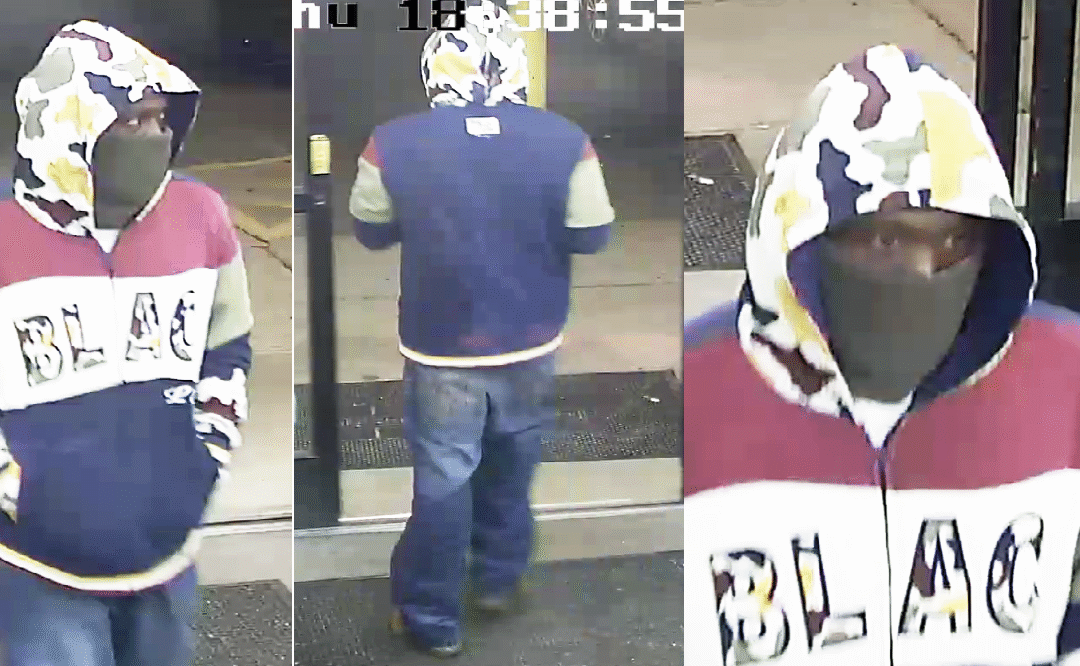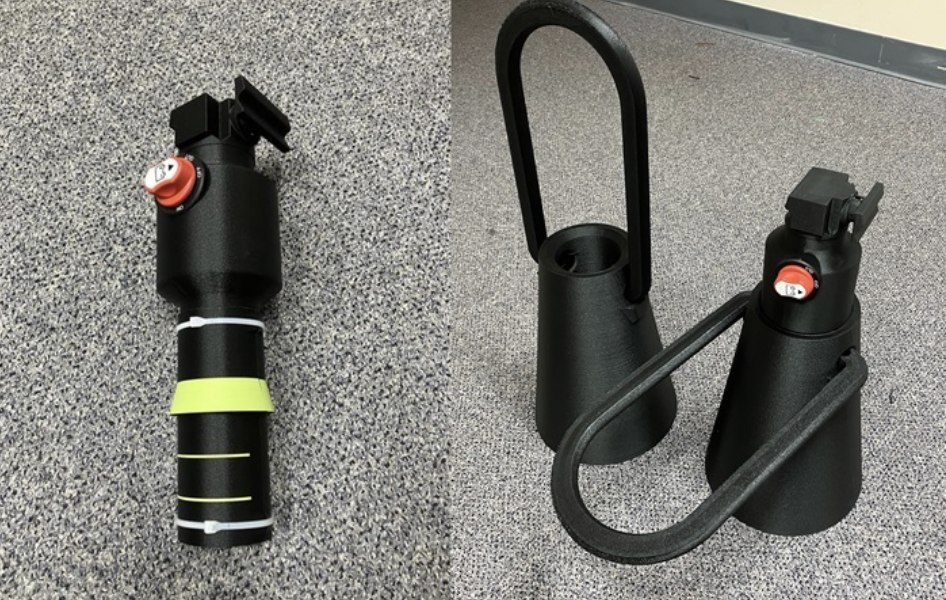The South Carolina Department of Health and Environmental Control has announced new guidelines to receive the monkeypox vaccine. This is the second time in less than a month that DHEC has expanded eligibility guidelines.
Effective Sept. 6, the eligibility list includes men who have sex with men who identify as gay, bisexual, transgender, gender fluid or gender nonbinary and any person receiving HIV pre-exposure prophylaxis treatment.
Dr. Brannon Traxler, DHEC’s public health director, said the expanded eligibility followed meetings with advocacy groups and an increase in the amount of vaccine available in South Carolina.
MORE: Researchers study brain destruction after stroke and other brain injury
“I would say that all of our outreach and discussions that have been going on since the beginning of this response help drive our decision making,” she said, adding they have two goals. “The most important thing is we want to make this vaccine easily available and we want to get it in the arms of the people who are at the highest risk of getting exposed to and infected with MPOX. The second thing we want to do is in order to help achieve that first objective is to make sure that we reduce any stigma associated with getting the vaccine as much as absolutely possible.”
The Centers for Disease Control and Prevention said there are now 115 confirmed cases in the Palmetto State. There had been 100 cases on Aug. 24.
“We continue to work to control the spread of this disease and a critical element of that is getting as many people as possible vaccinated among those who are at higher risk of exposure,” said Dr. Linda Bell, State Epidemiologist. “If we can stop spread in the higher risk groups, then we can stop it for everyone.”
The Georgia Public Health Department said 1,445 cases have now been reported. It had been 1,299 cases. Georgia remains the fifth highest number of cases in the U.S.
Since the outbreak began, health officials have said transmission is through direct, extended, face-to-face contact with monkeypox rash, scabs or bodily fluids, including sex, kissing and touching fabrics and objects used by a person with monkeypox and not disinfected.
The GPH website advised anyone with a rash or other monkeypox symptoms should stay home. Call a primary care provider to arrange an appointment before visiting. Anyone without a primary care provider can contact the local health department for additional guidance.
The website included instructions for anyone who tests positive.
“If you have tested positive for monkeypox, you should stay at home in an area separate from other people and pets, if possible. Ideally, people with monkeypox should stay home until the rash has fully healed, the scabs have fallen off, and a fresh layer of skin has formed. This can take up to 2 – 4 weeks in most cases.”
MORE: South Carolina health officials announce changes to monkeypox vaccinations
The numbers are still climbing nationwide and globally.
The CDC said U.S. cases now total 19,962. It had been 17,432. Worldwide, 53,027 cases have been reported. The August count stood at 47,652.
The World Health Organization said human monkeypox was first diagnosed in 1970 in the Democratic Republic of the Congo. Since then, cases were reported in 11 African countries.
Traxler said, while not a new virus, what is unusual in this outbreak is the number of cases reported and the degree to which it has spread internationally.
“So, while you may have sporadic cases in Europe or North America, we just don’t see the outbreak status like we’re seeing right now,” she said. “And while it is certainly being well reported because everyone’s now aware of communicable disease and how they are required to be reportable thanks to the COVID 19 pandemic, I do believe that this is truly a significant increase. I do not think that there were a significant number of cases that were going undiagnosed previously.”
WHO said the first outbreak outside Africa was in the United States in 2013, identified in infected prairie dog pets that had been housed with Gambian pouched rats imported from Ghana.
That resulted in more than 70 cases in the U.S.
GPH is offering first and second doses of the Jynneos vaccine to individuals who may have been exposed. A scheduling tool and helpline are available at www.dph.ga.gov/monkeypox or by calling the Vaccine Scheduling Resource Line at (888) 457-0186.
South Carolinians can find out if they’re eligible to schedule an appointment by calling the DHEC CareLine at (855) 472-3432.
Dana Lynn McIntyre is a general assignment reporter for The Augusta Press. Reach her at dana@theaugustapress.com











